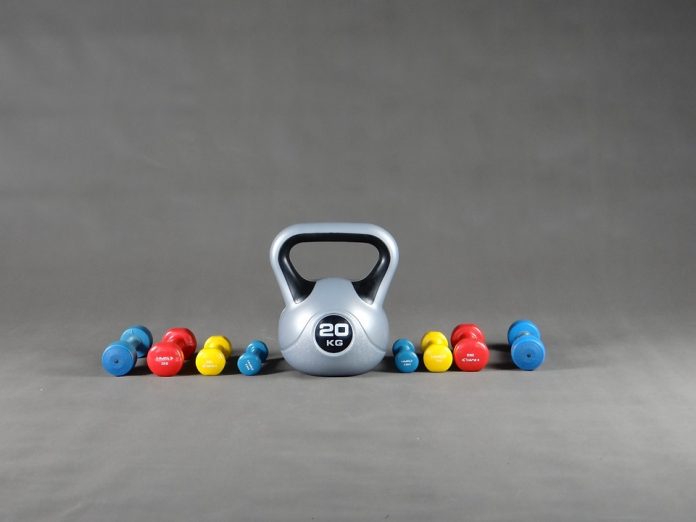Recovering well is just as important as training well, but when it comes to fitness, many individuals overlook the impact that sleep has on their performance and injury rehabilitation. Adequate sleep is crucial for allowing the body to recover, rebuild, and adapt to the demands of exercise, making it an essential component of any fitness regimen. In this article, we’ll delve into the science behind how sleep affects fitness performance and explore ways to optimize sleep for optimal results.
The Science Behind Sleep and Recovery
When we exercise, our bodies undergo micro-tears and oxidative stress, which can lead to the production of pro-inflammatory cytokines and muscle damage. This can result in muscle soreness, stiffness, and decreased performance. Sleep plays a critical role in the recovery process, helping to repair and rebuild damaged tissues, reduce inflammation, and enhance muscle function.
During sleep, our body reduces the production of cortisol, a hormone associated with stress and muscle breakdown, and increases the production of growth hormone, which aids in muscle growth and repair. Additionally, sleep deprivation can lead to increased levels of cortisol, which can hinder the body’s ability to recover and adapt to exercise, ultimately impacting performance.
The Impact of Sleep on Fitness Performance
Adequate sleep is also essential for achieving optimal fitness performance. Research has shown that well-rested athletes tend to perform better in competitions, with improved reaction time, speed, and strength. Conversely, sleep-deprived athletes tend to experience decreased performance, reduced coordination, and increased risk of injury.
One study found that well-rested athletes had a 10% increase in speed and a 14% increase in power output compared to sleep-deprived athletes. Another study discovered that sleep-deprived athletes experienced a 20% decrease in reaction time, making them more vulnerable to injury.
The Link Between Sleep and Injury Prevention
Inadequate sleep can also increase the risk of injury, particularly in sports that involve high-impact, high-intensity activities. Research has shown that sleep-deprived athletes are more likely to experience muscle strains, tendonitis, and overuse injuries, due to reduced muscle and tendon strength, as well as decreased coordination and balance.
A study published in the Journal of Strength and Conditioning Research found that sleep-deprived athletes were 3.5 times more likely to experience lower-body injuries, such as those affecting the knees, shins, and ankles, compared to well-rested athletes.
Ways to Optimize Sleep for Fitness Recovery
Fortunately, there are several ways to optimize sleep for optimal fitness recovery:
- Establish a consistent sleep schedule: Go to bed and wake up at the same time every day, including weekends, to regulate your body’s internal clock.
- Create a sleep-conducive environment: Ensure your bedroom is dark, quiet, and cool, with a comfortable temperature between 15.5°C and 19.5°C (60°F and 67°F).
- Limit exposure to screens before bedtime: Avoid screens for at least an hour before bedtime to reduce blue light exposure, which can suppress melatonin production.
- Avoid stimulating activities before bedtime: Refrain from vigorous exercise, playing video games, or engaging in intense mental activities before bedtime to reduce stimulation and promote relaxation.
- Practice relaxation techniques: Engage in activities like deep breathing, progressive muscle relaxation, or meditation to reduce stress and promote relaxation.
- Get some morning sunlight: Exposure to natural light in the morning helps regulate your body’s circadian rhythms and can improve sleep quality.
Conclusion
Adequate sleep is a critical component of a well-rounded fitness regimen, playing a significant role in recovery, performance, and injury prevention. By establishing a consistent sleep schedule, creating a sleep-conducive environment, and incorporating relaxation techniques, individuals can optimize their sleep for optimal results. Don’t underestimate the importance of sleep; prioritize it, and you’ll be on your way to improved performance and reduced risk of injury.
FAQs
Q: How many hours of sleep do I need each night?
A: The American Academy of Sleep Medicine recommends 7-9 hours of sleep for adults.
Q: What are some common sleep disorders that can impact fitness performance?
A: Sleep apnea, insomnia, and restless leg syndrome can all impact fitness performance.
Q: Can I use supplements to help with sleep?
A: While supplements like melatonin and valerian root can help, it’s essential to speak with a healthcare professional before starting any new supplements.
Q: Can I still get some exercise before bedtime?
A: It’s best to avoid vigorous exercise within 2-3 hours of bedtime, as it can interfere with your ability to fall asleep. Instead, opt for light stretching or yoga.
recover-and-dominate-how-adequate-sleep-impacts-fitness-performance-and-injury-prevention


